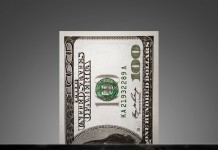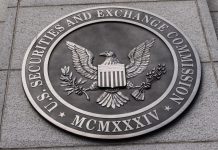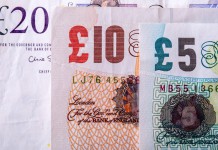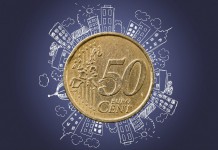UK optimism unfounded.
When you were young, did you have a younger brother who, no matter how many times you played a trick on him, always fell for it? Unfortunately, I was the little brother!
Now, the UK has taken on that role or at least those traders have who keep becoming optimistic over Brexit every time there is a lull in negotiations. Since the move to stage two was agreed in mid-December, the pound has rallied by around 5% against a dollar which was, admittedly weakening. What this did was provide a perfect illustration of the irrational optimism that surrounded Sterling every time talks ended, and consultations began only for those hopes to be dashed as Brussels continues to play hard ball.
It seems that they have now got used to this method of negotiation waiting for the opportune moment to release a set of demands that show that the UK won’t be handed an easy rise out of the EU. David Davis Spoke yesterday of his hopes that the UK would be allowed to participate in talks over laws that could be passed during the transition that would directly affect it.
EU demands tough transition period
 Michel Barnier, perhaps coincidentally, perhaps not, spoke last evening of the terms Brussels will demand for a transition period to be agreed. The two main demands are that the UK remains subject to EU regulation during the transition with no cherry-picking. That means that free movement remains, and the UK may possibly get limited access to discussions over laws that directly relate to it.
Michel Barnier, perhaps coincidentally, perhaps not, spoke last evening of the terms Brussels will demand for a transition period to be agreed. The two main demands are that the UK remains subject to EU regulation during the transition with no cherry-picking. That means that free movement remains, and the UK may possibly get limited access to discussions over laws that directly relate to it.
The EU expects the transition to last until 31st December 2020 and while the UK may negotiate trade agreements, they cannot start until the transition period ends.
With stage two talks to follow this shows how tough negotiations are going to be for the UK and this does not bode well for the UK economy or the pound.
The British Government suffered another blow yesterday as an influential Parliamentary committee ruled that the Brexit Bill has fundamental flaws and may need to be redrawn.
This follows news that Theresa May could face a leadership challenge sooner rather than later as her backbenchers become more disenchanted with her willingness to stand up to threats from both within the Party and Brussels.
Sterling’s recent rally may have come to a halt for now but with the dollar and Euro also vying for last place it may be a case of “no news is bad news”.
Euro Correction set to continue.
The reluctance of ECB President Mario Draghi to set a timetable for the tapering of the Asset Purchase Scheme illustrates perfectly his concerns over the effect of a stronger currency on the weaker members of the Eurozone. With the common currency having risen from a low of 1.0340 in January last year to a high of 1.2530 so far in 2018, any further rise would be unconscionable.
While progress will need to be made on the withdrawal of additional stimulus at some point this year, Draghi feels that until the U.S. Administration’s dollar policy becomes clearer, the ECB is best to watch from the sidelines.
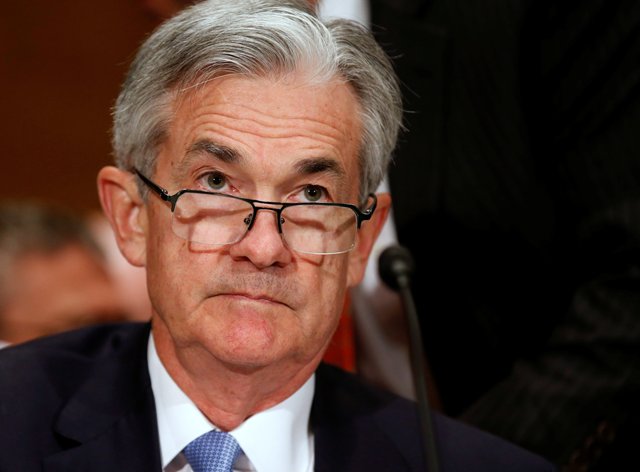 With the change of Fed Chairman taking place this week it will be some time before monetary policy in the U.S. becomes more transparent. Jerome Powell, the new Chairman is known to favour evidence over proactivity so until there is tangible proof that inflation is on the rise, the Fed may miss the start of its presumed goal of hiking three times this year.
With the change of Fed Chairman taking place this week it will be some time before monetary policy in the U.S. becomes more transparent. Jerome Powell, the new Chairman is known to favour evidence over proactivity so until there is tangible proof that inflation is on the rise, the Fed may miss the start of its presumed goal of hiking three times this year.
The employment report will be issued this Friday and since that will only be the second day of the new month here is even more scope than usual for it to be wildly inaccurate. For what it’s worth analysts are so far predicting 175k new jobs to have been created in January.




